
A Housing Estate Name That Sticks in Memory - Guide
...
Can traditional advertising materials like an advertising folder and flyers affect the sales and marketing success of your property development project?
Printed materials like flyers and advertising brochures can still work well in promoting property developments, especially if they are well matched to the target audience and marketing strategy.
In today's world, where digital marketing is playing an increasingly important role, consider balancing traditional and modern promotional tools to achieve the best results.
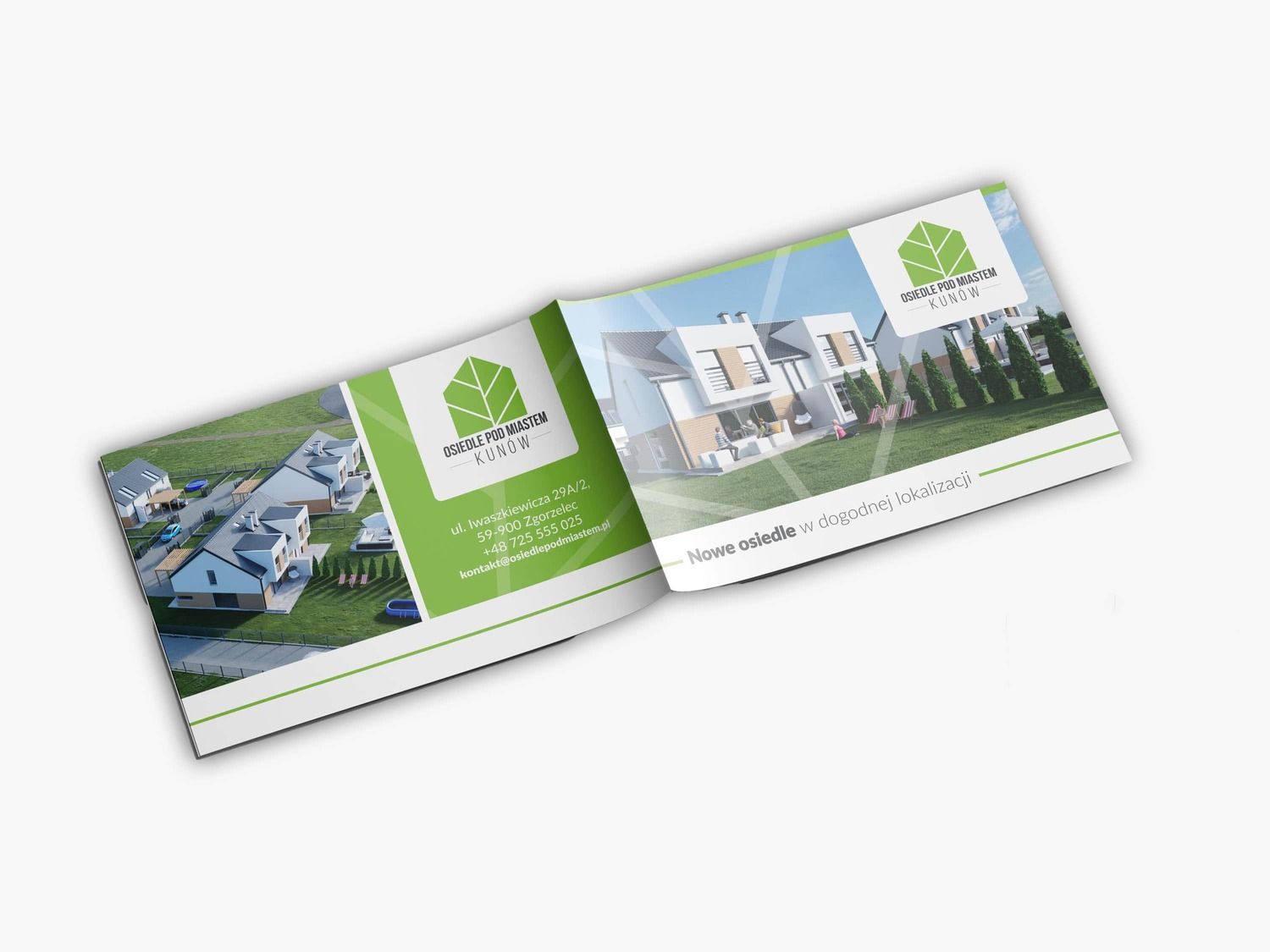
Physical contact: flyers and advertising brochures allow potential customers to interact directly with the materials, which can increase engagement and recall of information by potential customers. Being able to "touch" your property development's advertising material may be more appealing to some people than merely viewing the real estate development's website on a computer or phone screen.
Ease of viewing: Printed materials allow customers to quickly and conveniently view key information. Potential buyers can easily compare different projects, apartment plans, finishes and prices in one place.
Credibility and trust: In physical form, flyers and brochures can build more trust and credibility than materials seen online, where spam and inauthentic offers are very common. A solidly crafted advertising folder can demonstrate a real estate developer's professionalism.
Reaching out to the local community: Local marketing campaigns, such as handing out flyers around the development, can be an effective way to reach people who live in the area and may be interested in buying a property in close proximity.
Helping people understand the project: Advertising brochures allow for a more detailed presentation of the property project, with its full amenities, offerings and location advantages. This can help potential customers better understand the offer and make a more informed decision.
Uniqueness and originality: In the era of digital marketing, printed advertising materials can stand out as more original and unusual, which can set your property development apart from the competition.
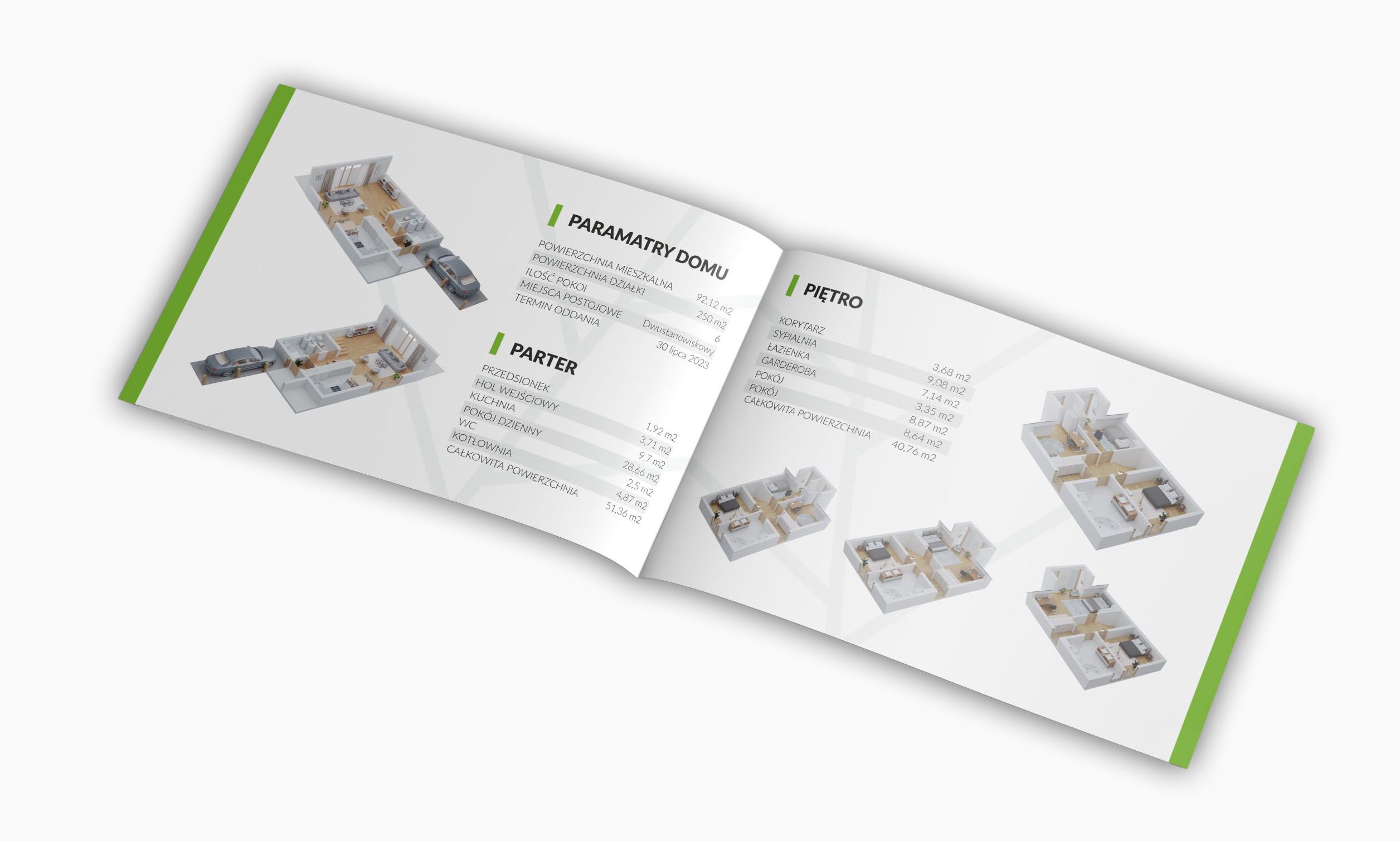
Advertising folder: An advertising folder, also known as a catalog or brochure, is a folded printed advertising material that contains detailed information about a property development. It is usually an elegant and professional way to present a real estate developer's offer to customers. Inside the folder you can include 3D visualizations, photos, 2d floor plans of apartments, 3D floor plans, descriptions of finishes, technical data, location, prices and other relevant information.
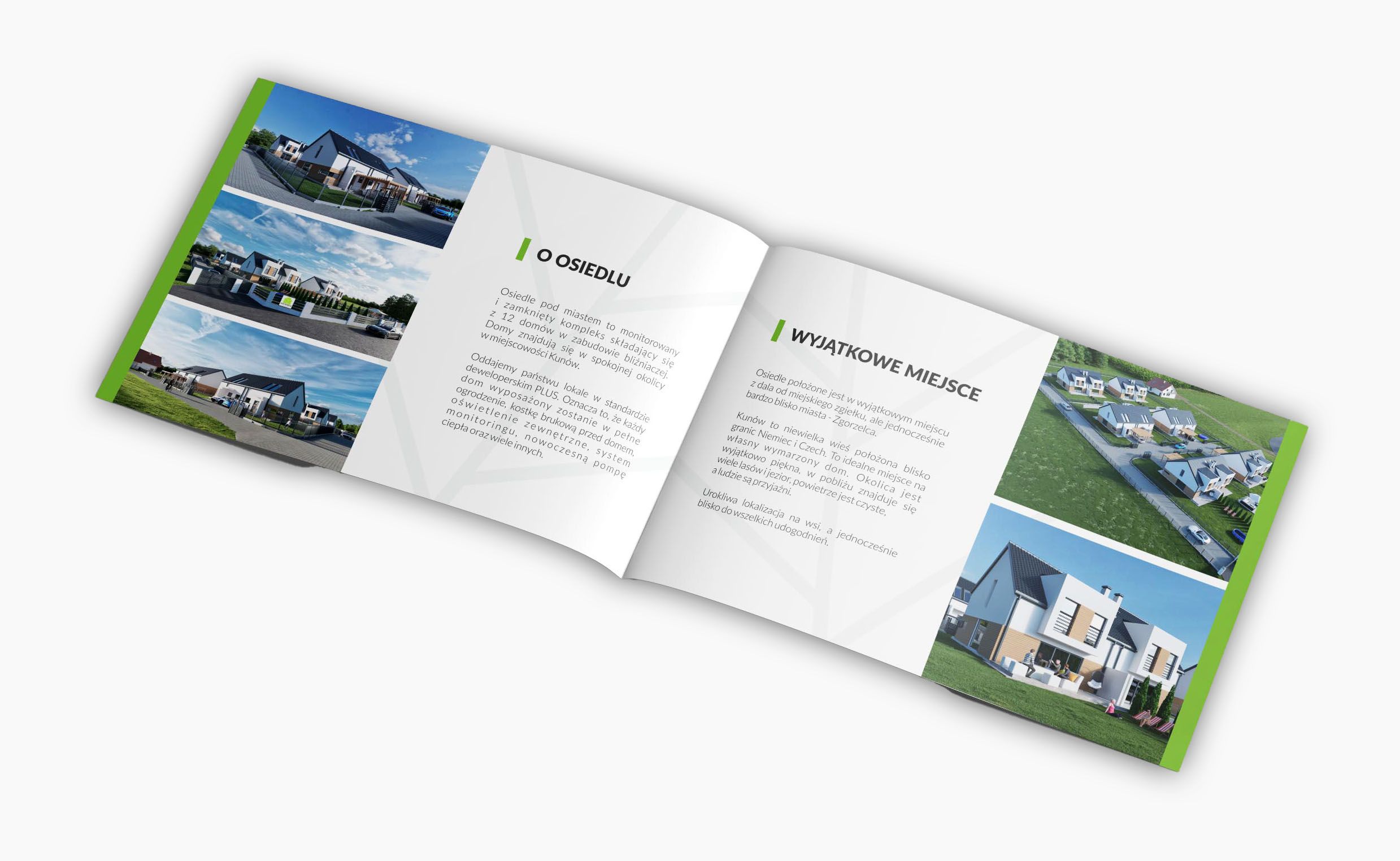
Flyers: A flyer is a printed advertising material in the form of a single page or folded sheet of paper that is used to convey brief and concise information. Flyers are relatively inexpensive to produce and easy to distribute, making them a popular marketing tool. Folded or single leaflets, which contain the most important information about a property development, prices, promotions and so on. They can be distributed at events, open days or in the local community.
Information boards: Placed at the construction site, showing the progress of the work, visualizations, information on construction stages and the planned completion date.
Business cards: Individual business cards of the real estate developer's representatives with basic contact information.
Stickers and badges: Stickers with the real estate developer's or investment's logo that can be placed on cars, office windows, doors, etc.
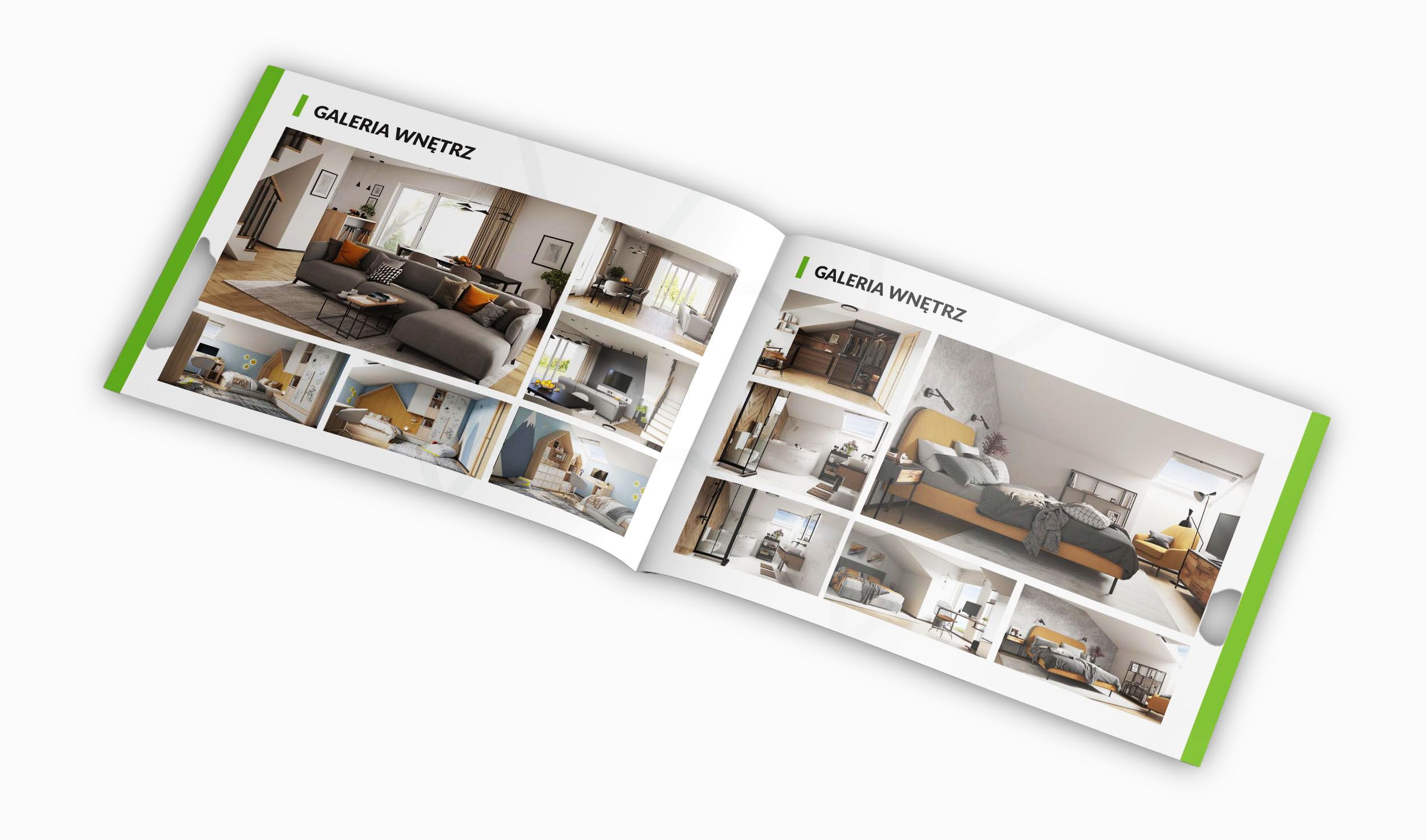
Purpose and target audience: Determining a clear promotional purpose and understanding the needs, preferences and expectations of the target audience is key. Printed materials should be appropriately tailored to the needs of potential customers.
Clear visual identity: Materials should be consistent with the real estate developer's visual identity, which means consistent use of logos, colors, fonts and other graphic elements that are characteristic of the brand.
For more on branding, read here: Branding of a Real Estate Development Project - Everything you need to know
Clear message and content: Printed materials should deliver a clear message, including relevant information about the project, offer, location and price. The content should be accessible and easy to read.
Attractive design: Aesthetically pleasing and professional design is key to keeping the audience interested in the materials. Graphics, 3D visualizations and photos should be of high quality and eye-catching.
Consistency and repetition: All printed materials should be consistent and form a unified whole. Repetitive elements, such as logos and color schemes, will help build brand recognition.
Call to action (CTA): Introducing a clear and compelling CTA will encourage recipients to take action, such as visiting a sales office, contacting a real estate developer or signing up for a site visit.
Match the medium and format: Printed materials should be appropriately tailored to the medium in which they will be used (flyer, folder, poster) and format to present information in a clear and aesthetically pleasing manner.
Uniqueness and added value: Materials should stand out from the competition by offering additional value to potential customers, such as unique offers, unique finishing suggestions, attractive equipment packages, etc.
Interplay with digital marketing: Print materials should be integrated with online marketing efforts, e.g. by including links to 3D virtual walk-throughs or the real estate developer's website and the development itself.
Monitoring results: It is crucial to track the effectiveness and results of activities in order to adjust strategy and improve future marketing materials as needed.
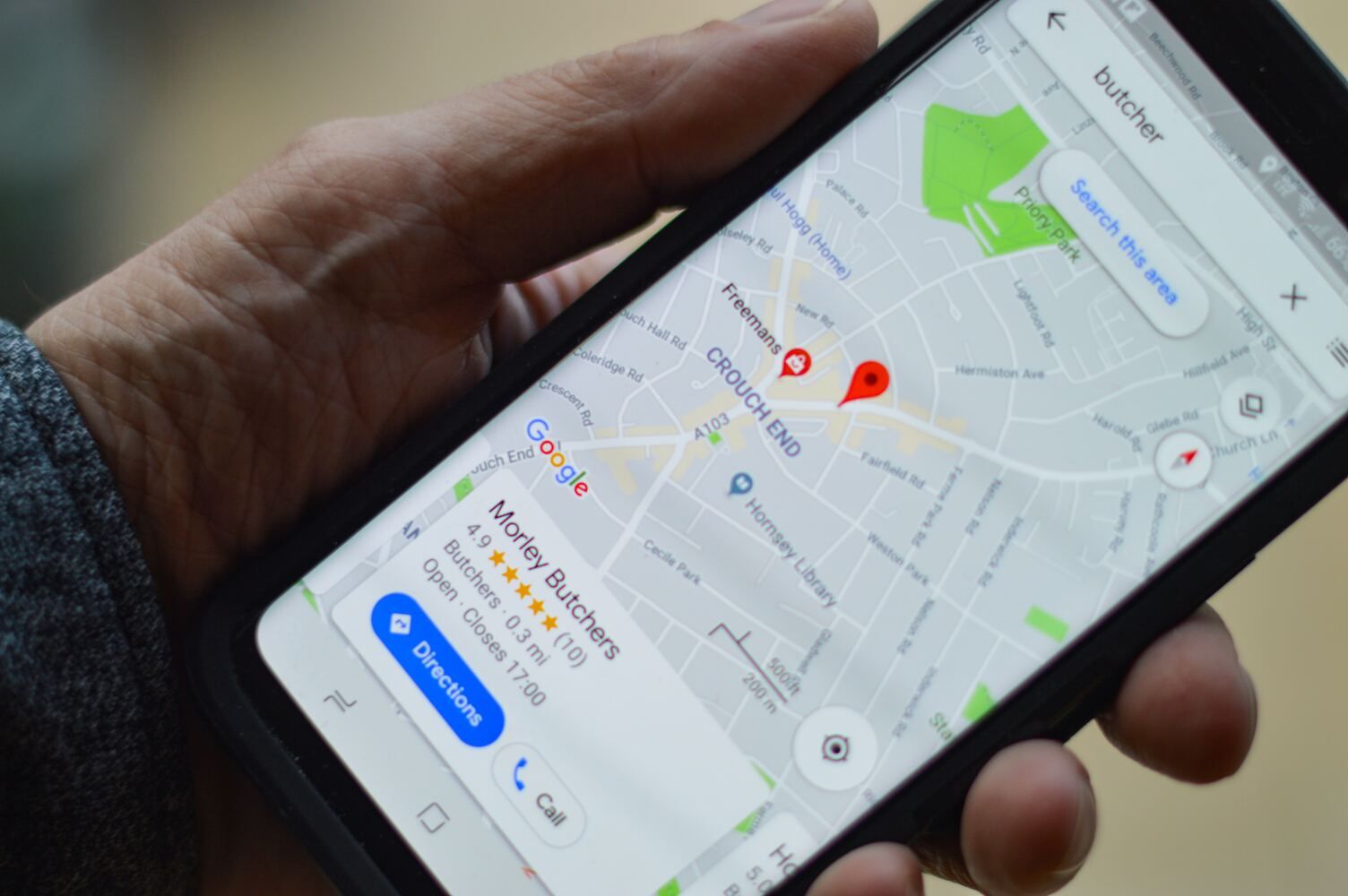
Reaching different audiences: Offline marketing can help reach people who prefer traditional media and printed materials, while online marketing targets those who are active on the Internet. Combining the two strategies allows you to reach a diverse group of customers, often differing in age.
Mutually supporting activities: Offline marketing can support online campaigns and vice versa. For example, by including a link to a property development's website with visuals or a contact form on an advertising brochure, you can encourage potential customers to take a closer look at your offer online.
Complete information: Using both types of marketing allows you to provide customers with comprehensive information about the project. They can read the advertising folder and then find more details on the investment or real estate developer's website.
Strengthening brand credibility: Having a presence in both the offline and online worlds can strengthen brand credibility, creating a sense of professionalism.
Build engagement: Online marketing, such as through social media, allows you to actively engage customers by answering questions, sharing information and responding to comments. Keep in touch with potential customers who have discovered you with printed materials.
In summary, the combination of offline and online marketing allows property development investments to be promoted more effectively and comprehensively. Using both strategies allows you to reach different audiences, increase brand visibility, measure the effectiveness of your activities and build customer engagement, which contributes to better results and success in the competitive real estate market.
Yes, printed materials can strengthen the marketing strategy, attracting clients with their tangible form and facilitating the presentation of the offer.
Brochures and flyers allow clients to have physical contact with the offer, build trust, enable easy project comparison, and reach the local community.
Professionally designed brochures highlight brand quality and professionalism, which can build greater trust in the project and the developer.
Brochures can feature 3D visualizations, floor plans, equipment descriptions, location information, pricing, and key technical details.
Flyers are easy to distribute in the area surrounding the development, attracting local community members interested in nearby property purchases.
Yes, printed materials stand out among digital ads, appealing to clients who prefer traditional forms of communication.
It should include a clear message, aesthetic design, consistent visual identity, and a strong call to action (CTA).
Yes, combining print materials with online activities can reach a broader audience and increase campaign effectiveness.
The format depends on the type of information and audience—brochures are ideal for detailed presentations, while flyers are best for conveying brief information.
CTAs may include prompts to contact, visit the website, or attend an event, such as an open house for the development.
Book a free consultation.
Sign up now for our free RendProletter and receive 1 email every week with a short summary of the best posts from our blog and emails with unique offers you won't find anywhere else!